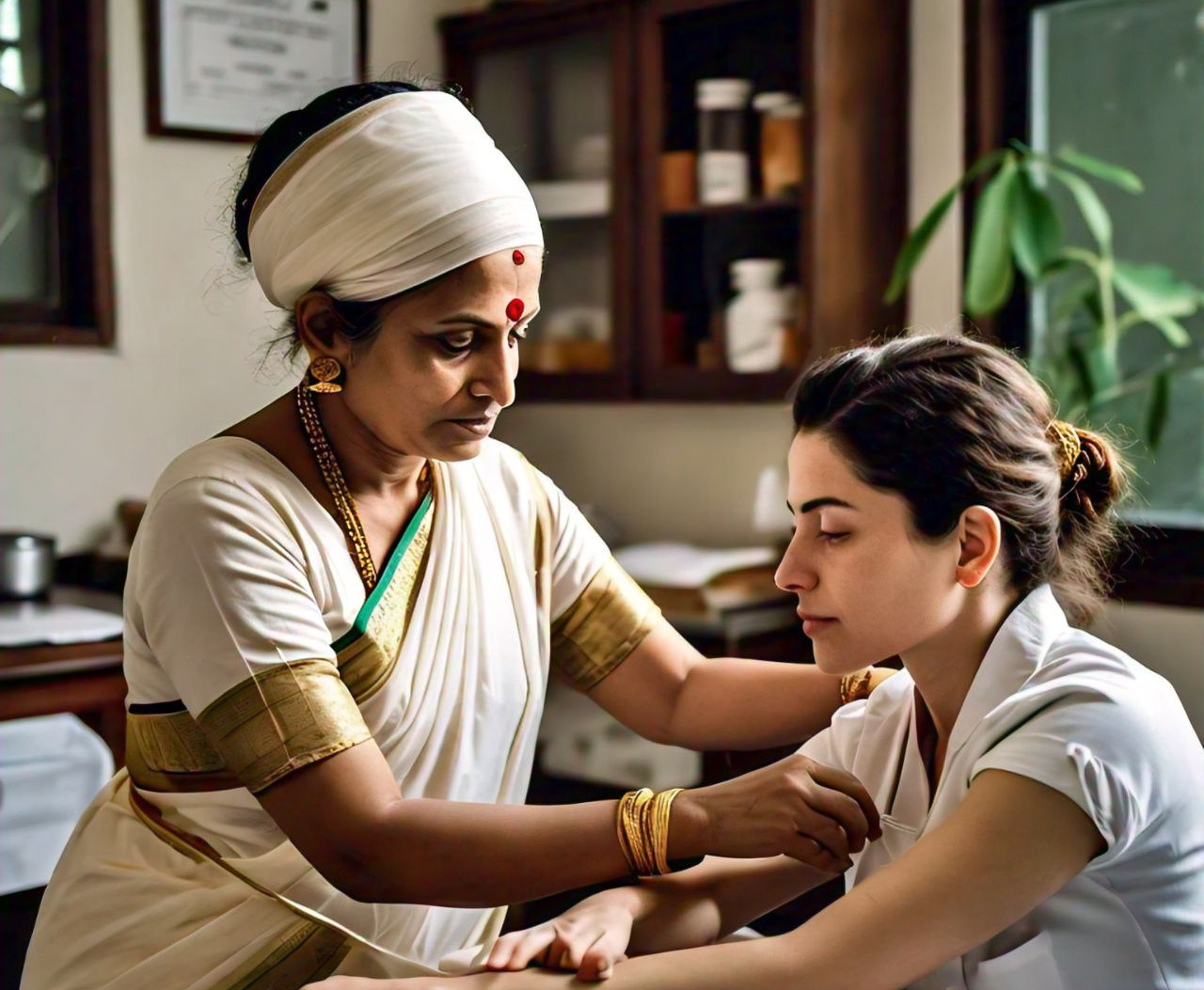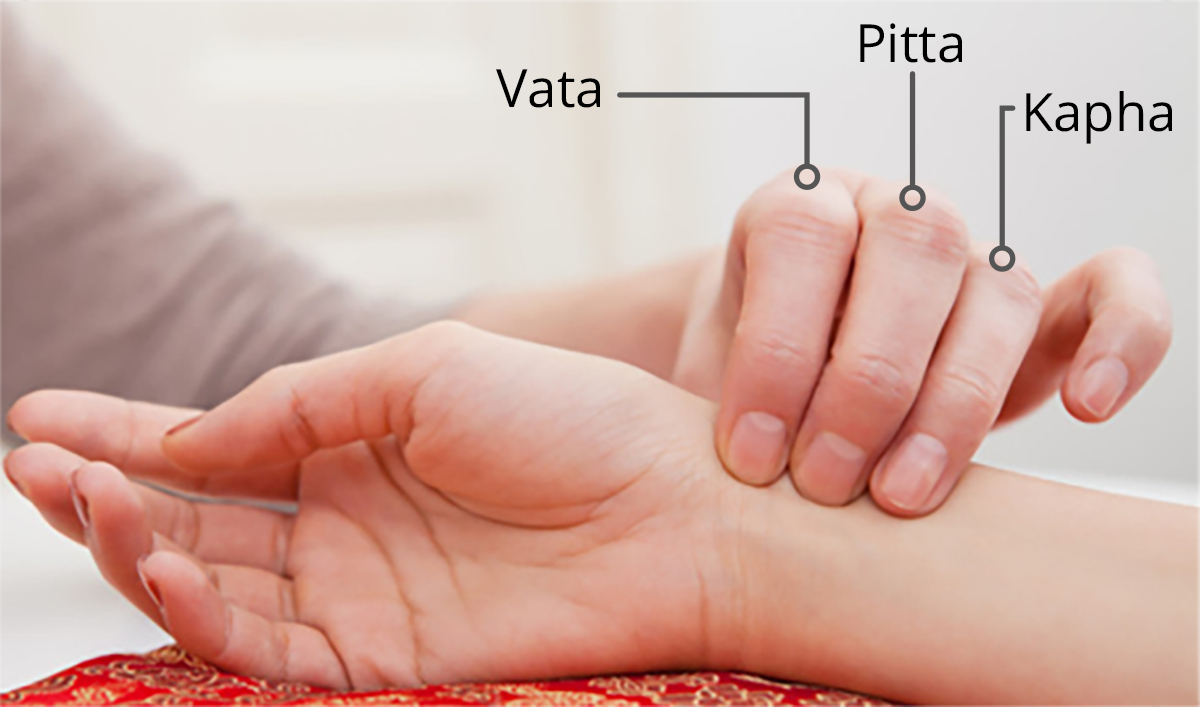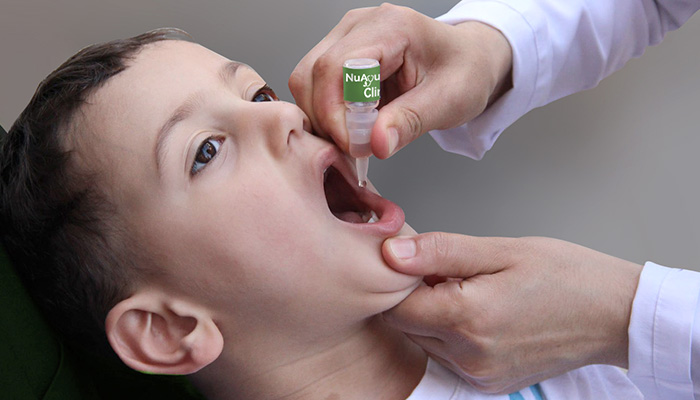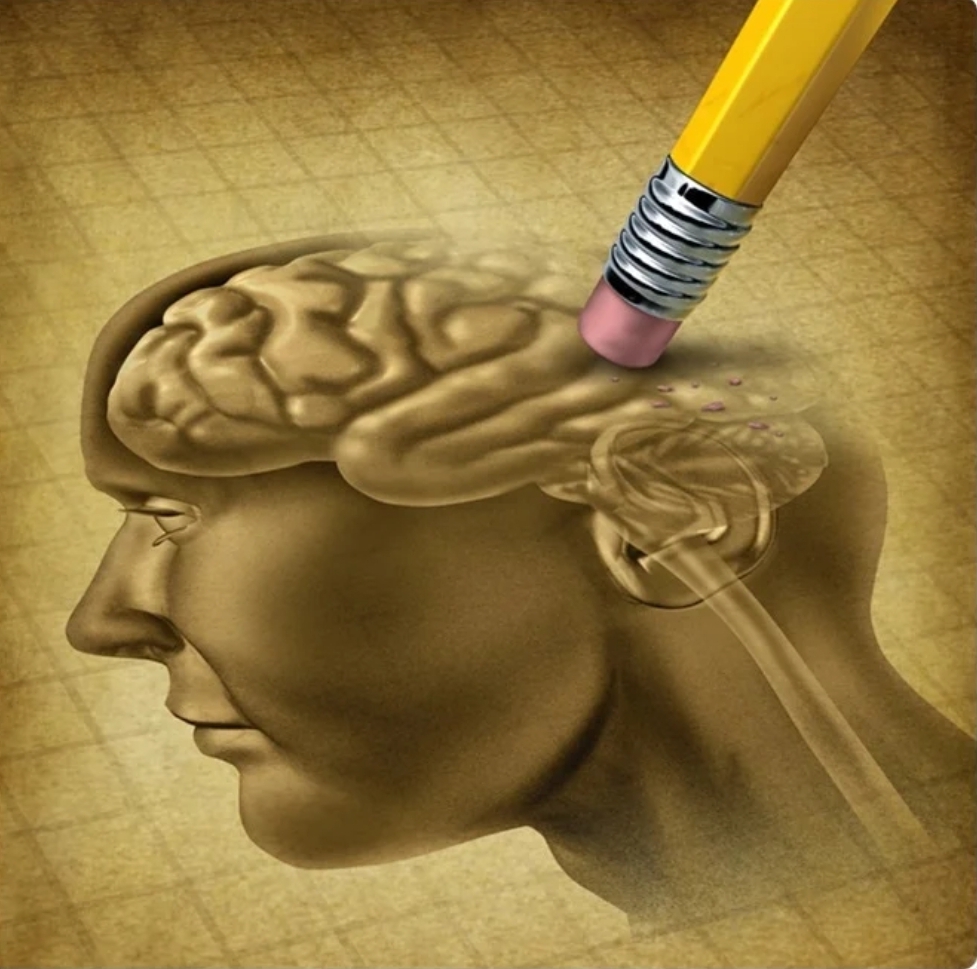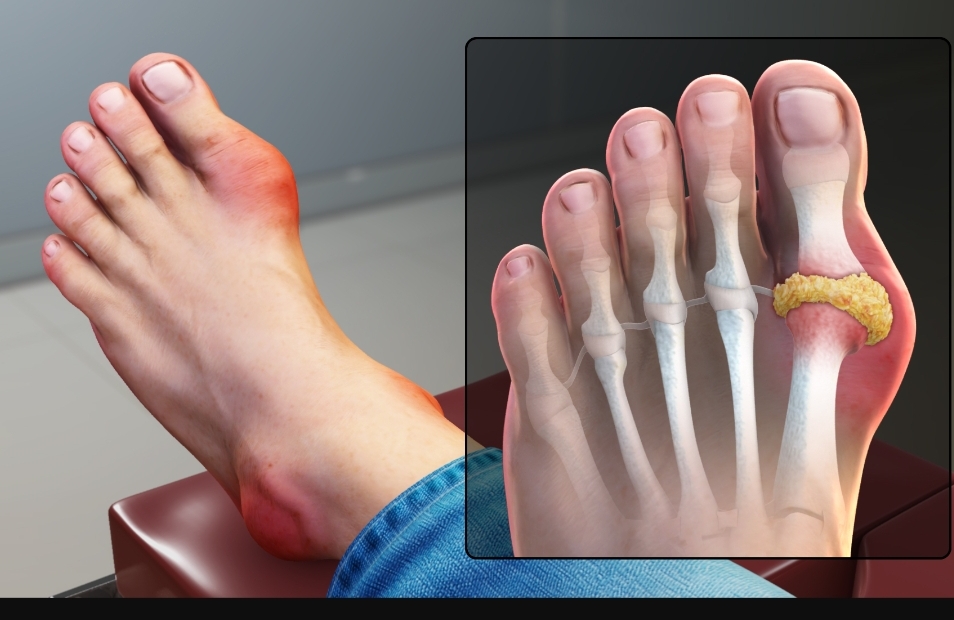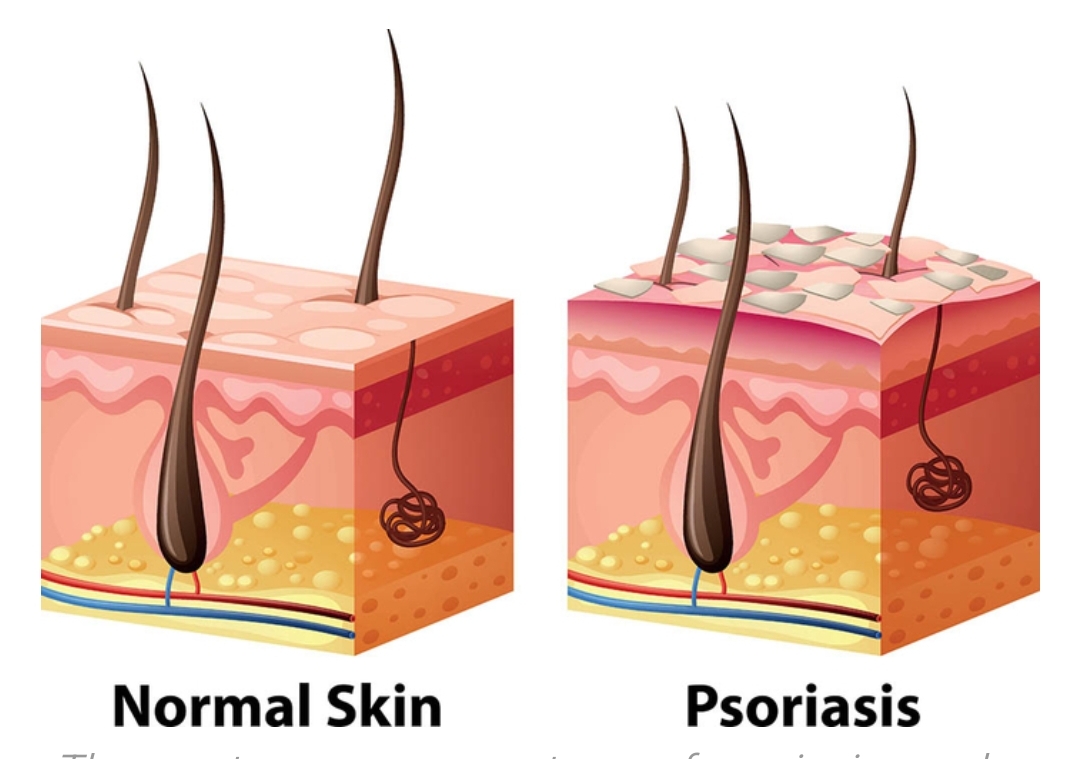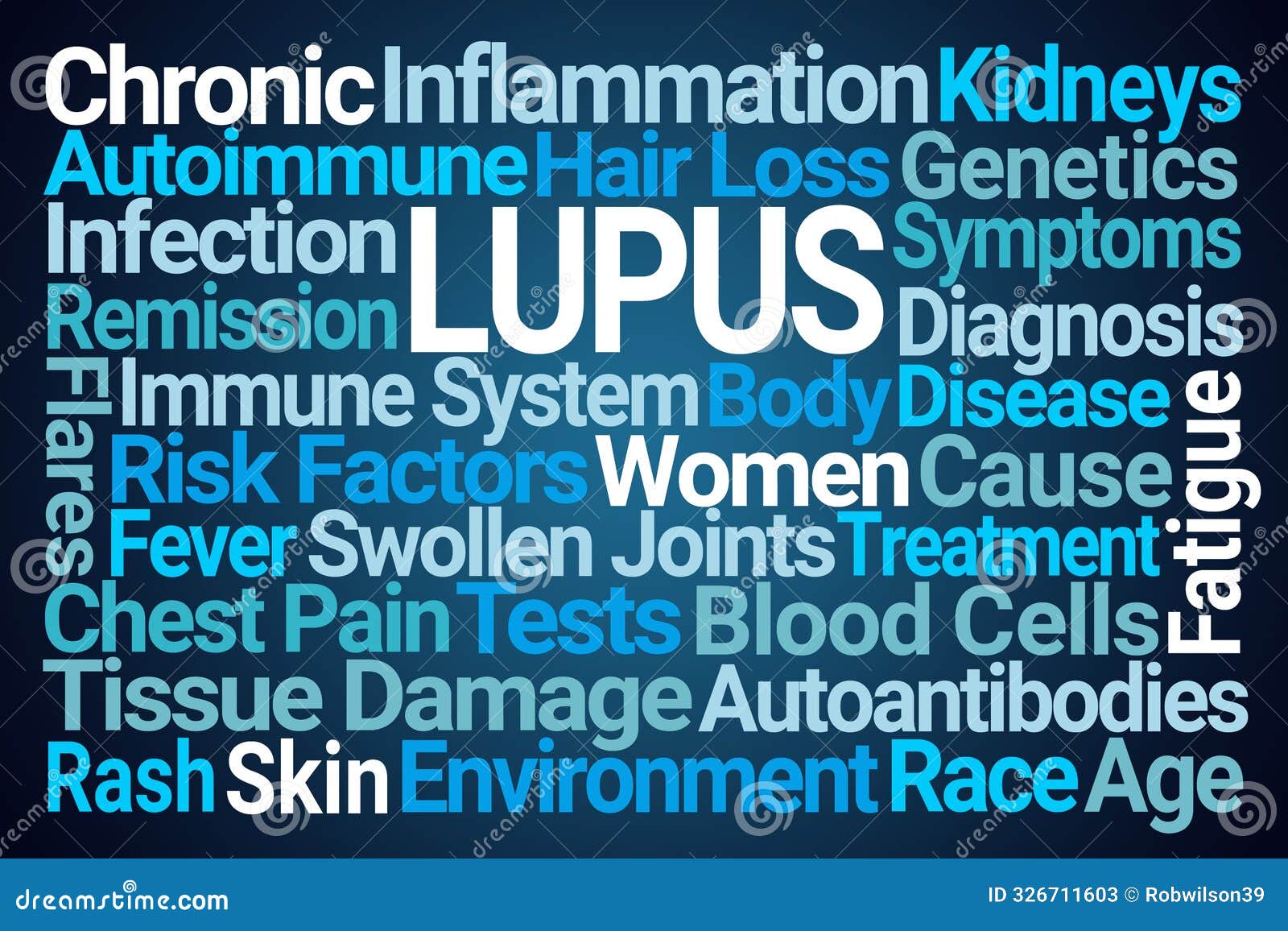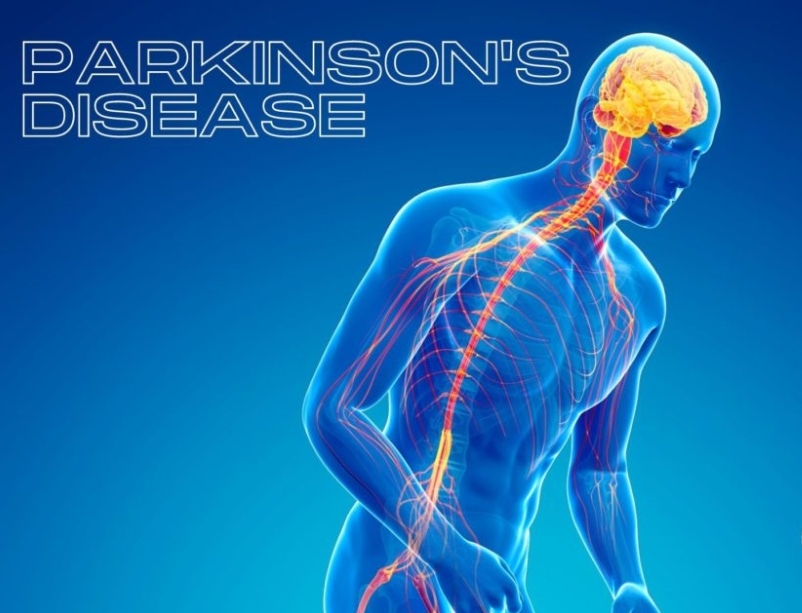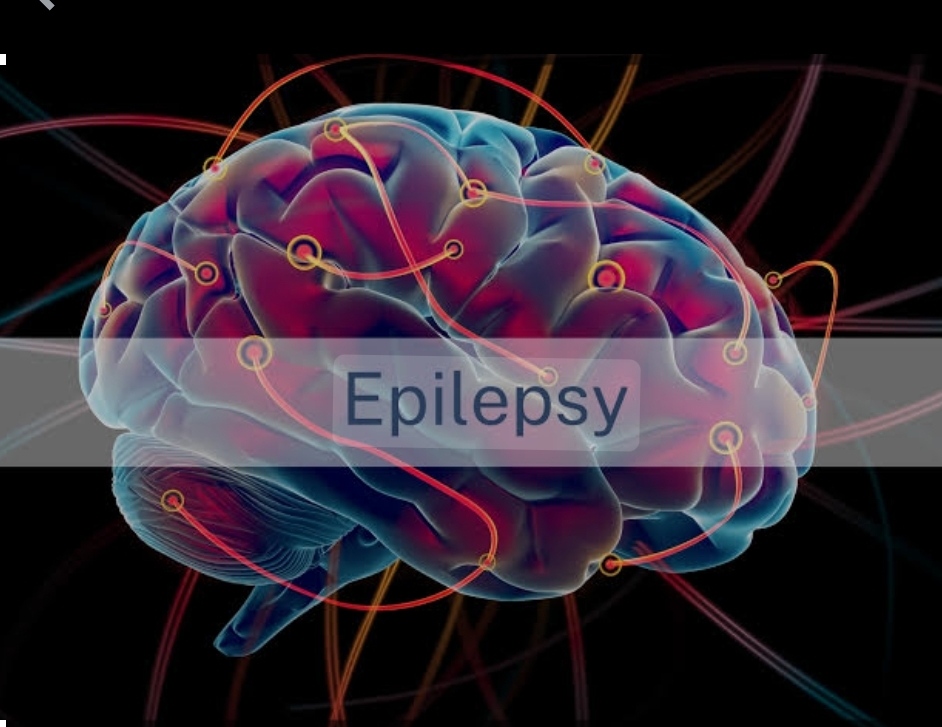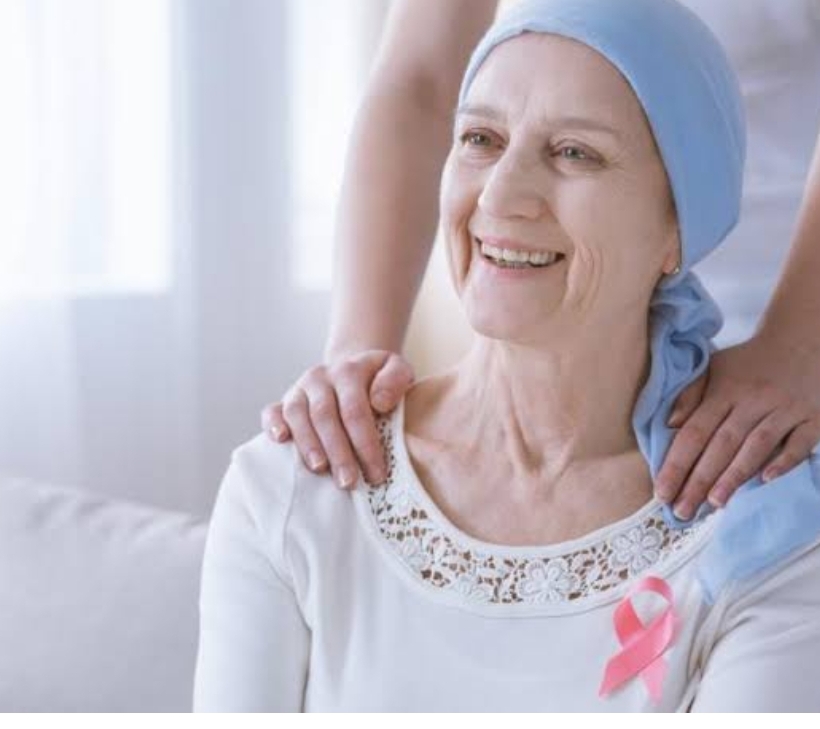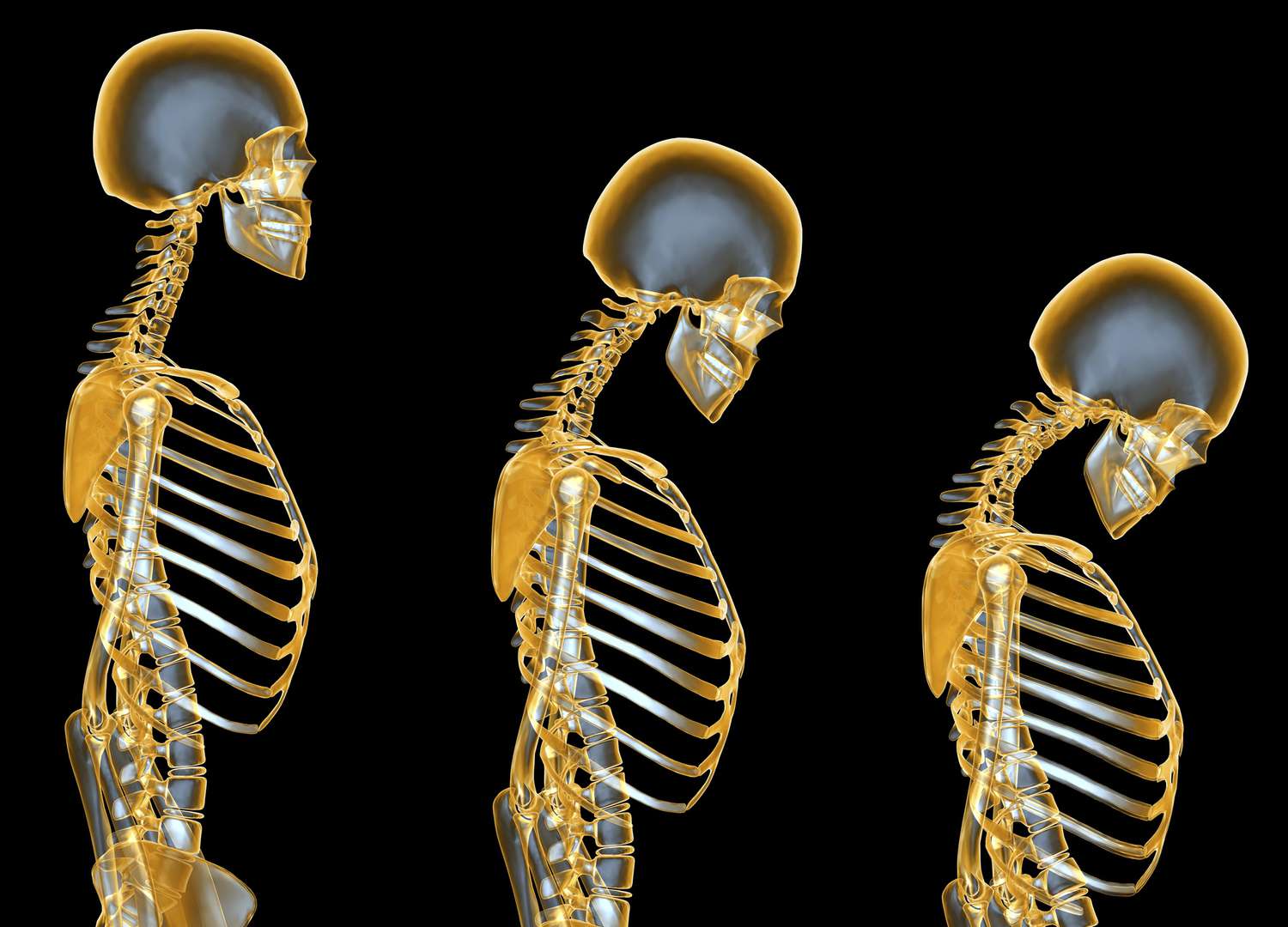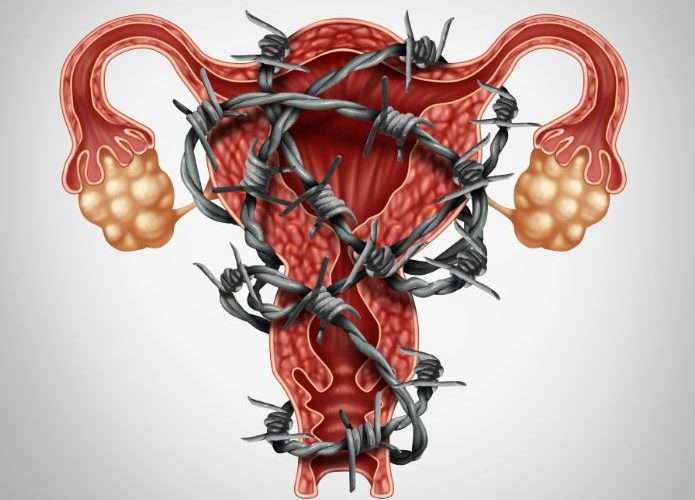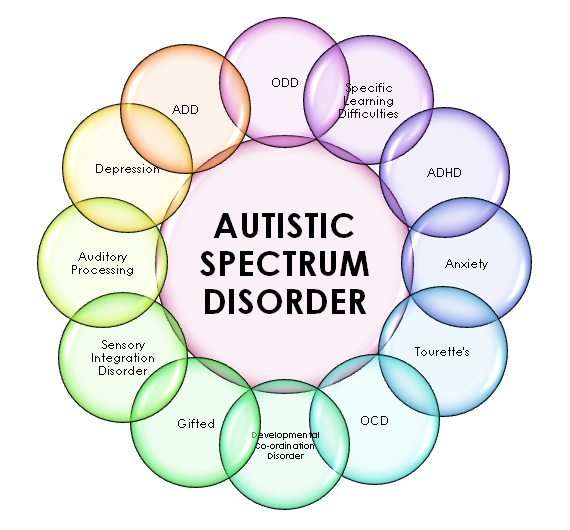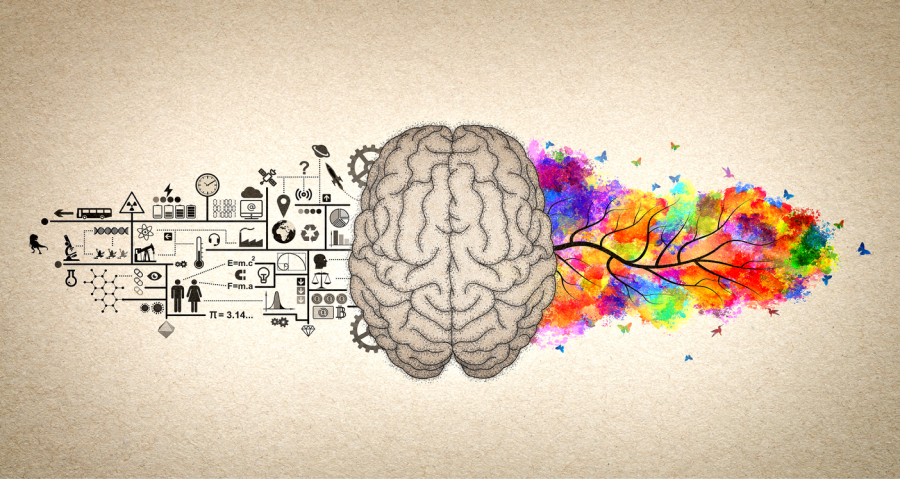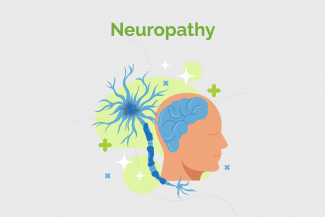
Rheumatoid Arthiritis
Rheumatoid Arthritis (RA) is a chronic autoimmune disease that causes inflammation and pain in the joints. In RA, the immune system mistakenly attacks the lining of the joints (synovium), leading to swelling, redness, and warmth. This inflammation can damage the joint's cartilage and bone, causing deformities and loss of function. RA typically affects hands, feet, wrists, elbows, knees, ankles, and shoulders.
Symptoms of RA include
- Joint pain, stiffness, and swelling
- Morning stiffness lasting more than an hour
- Fatigue, fever, and loss of appetite
- Redness, warmth, and swelling around affected joints
- Deformities, such as bent or twisted fingers
- Loss of range of motion and flexibility
RA diagnosis involves
- Medical history and physical examination
- Blood tests (rheumatoid factor, anti-CCP antibodies)
- Imaging tests (X-rays, ultrasound, MRI)
Types of Rheumatoid Arthritis
1. Seropositive RA: Presence of rheumatoid factor (RF) antibodies in the blood.
2. Seronegative RA: Absence of RF antibodies.
3. Juvenile Idiopathic Arthritis (JIA): RA affecting children under 16.
Causes and Risk Factors
1. Genetics
2. Environmental triggers (infections, smoking)
3. Hormonal influences
4. Family history
5. Age (peak onset: 40-60 years)
Stages of Rheumatoid Arthritis
1. Early stage: Joint inflammation and pain.
2. Intermediate stage: Joint damage and deformities.
3. Advanced stage: Severe joint damage, disability.
Ayurvedic Treatment for Rheumatoid Arthiritis
In Ayurveda, RA is considered a "Vata" disorder, characterized by imbalance of the Vata dosha. This imbalance leads to inflammation, pain, and stiffness in the joints. The treatment focuses on restoring balance to the doshas, eliminating toxins, and strengthening the immune system.
It is believed that the imbalance of Vata Dosha is the root cause of RA, which is also known as “Amavata” in Ayurveda. The ayurveda treatment for RA at Gayatri's Heritage Ayurveda mainly focuses on Detoxification procedures, Diet modification, Lifestyle changes, Yoga, Breathing exercises,Massage, Meditation and Herbal medicine.
Ayurvedic Treatment Principles
1. Panchakarma: Detoxification procedures to remove toxins (ama) from the body.
2. Dietary Changes: Avoid inflammatory triggers (gluten, dairy); emphasize warm, nourishing foods.
3. Herbal Remedies: Anti-inflammatory, immune-modulating herbs.
4. Rasayana Therapy: Rejuvenating treatments to strengthen joints and immune system.
Herbal Remedies
Ayurvedic medicines prepared out of the following and many more are used for treating RA
1. Turmeric (Curcuma longa): Anti-inflammatory, antioxidant.
2. Ginger (Zingiber officinale): Anti-inflammatory, warming.
3. Boswellia (Boswellia serrata): Anti-inflammatory, pain-relieving.
4. Ashwagandha (Withania somnifera): Anti-inflammatory, stress-reducing.
5. Guggulu (Commiphora mukul): Anti-inflammatory, detoxifying.
Panchakarma Procedures
1. Abhyangam: Warm oil massage to relax muscles.
2. Shirodhara: Oil pouring on forehead to calm mind.
3. Njavarakizhi: Rice pouch therapy for joint nourishment.
4. Basti: Medicated enema for detoxification.
Dietary Recommendations
1. Warm, nourishing foods (rice, lentils, vegetables).
2. Avoid cold, dry foods (raw vegetables, salads).
3. Include ginger, turmeric, and cumin in cooking.
4. Drink warm water, herbal teas.
Lifestyle Changes
1. Yoga and meditation for stress reduction.
2. Gentle exercise (walking, swimming).
3. Avoid excessive physical strain.
4. Regular sleep, relaxation.
Treatment Duration
Treatment duration varies depending on severity and individual response. Typically 21-28 Days of external treatment, and 3-6 months of internal medication followed by maintenance therapy.
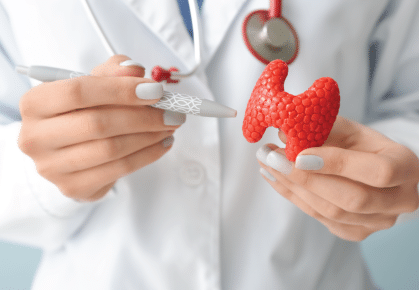


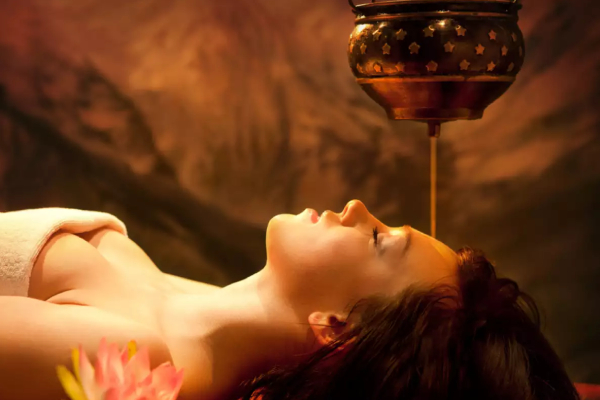
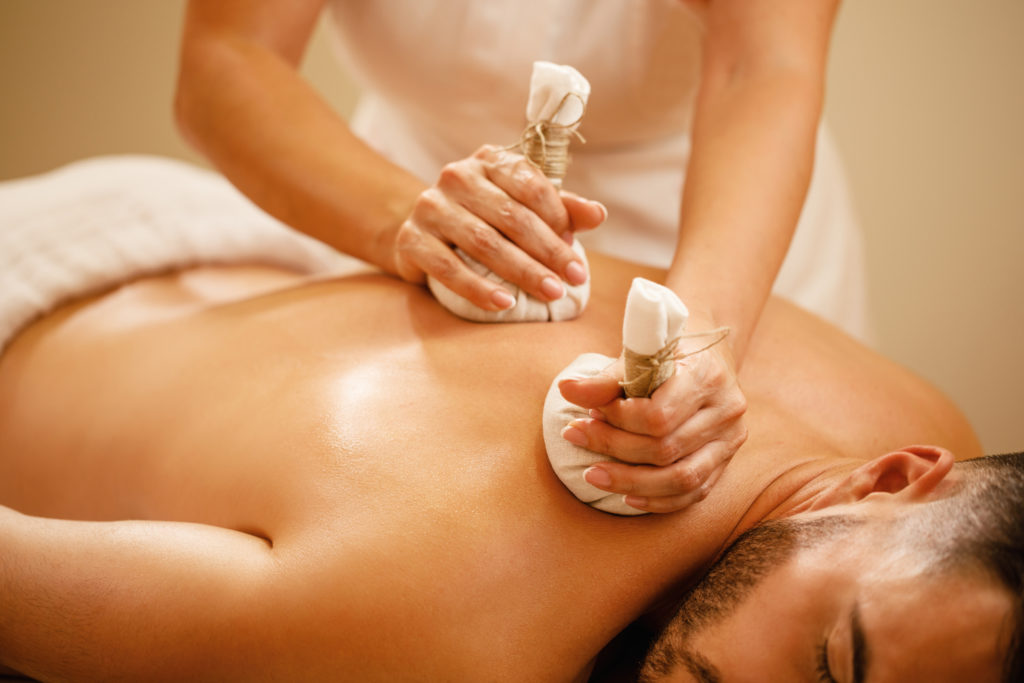
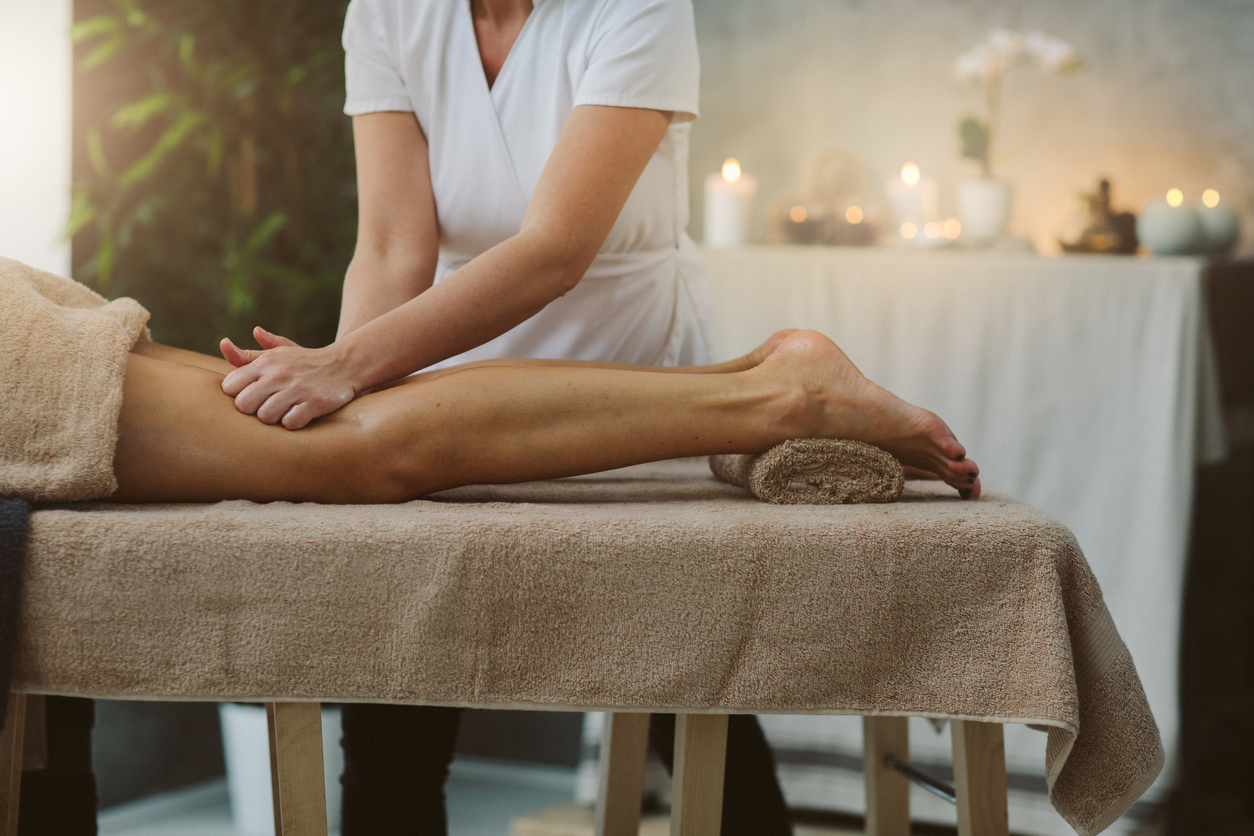
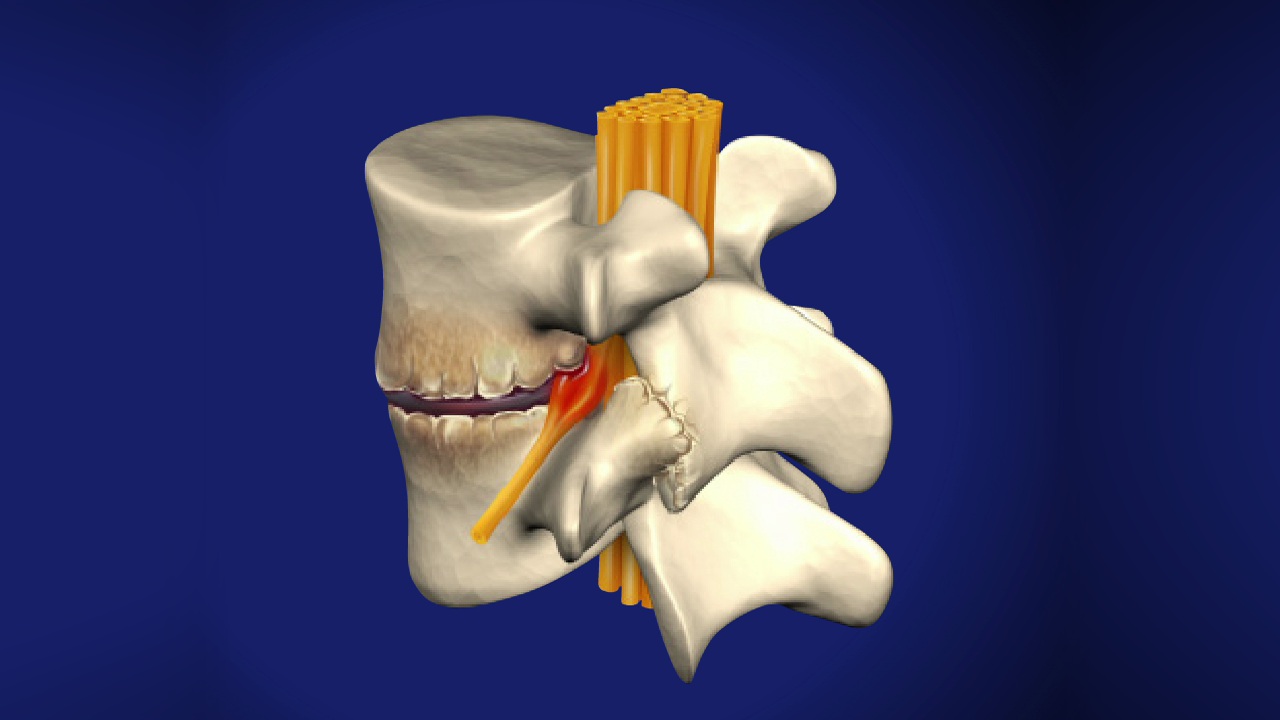
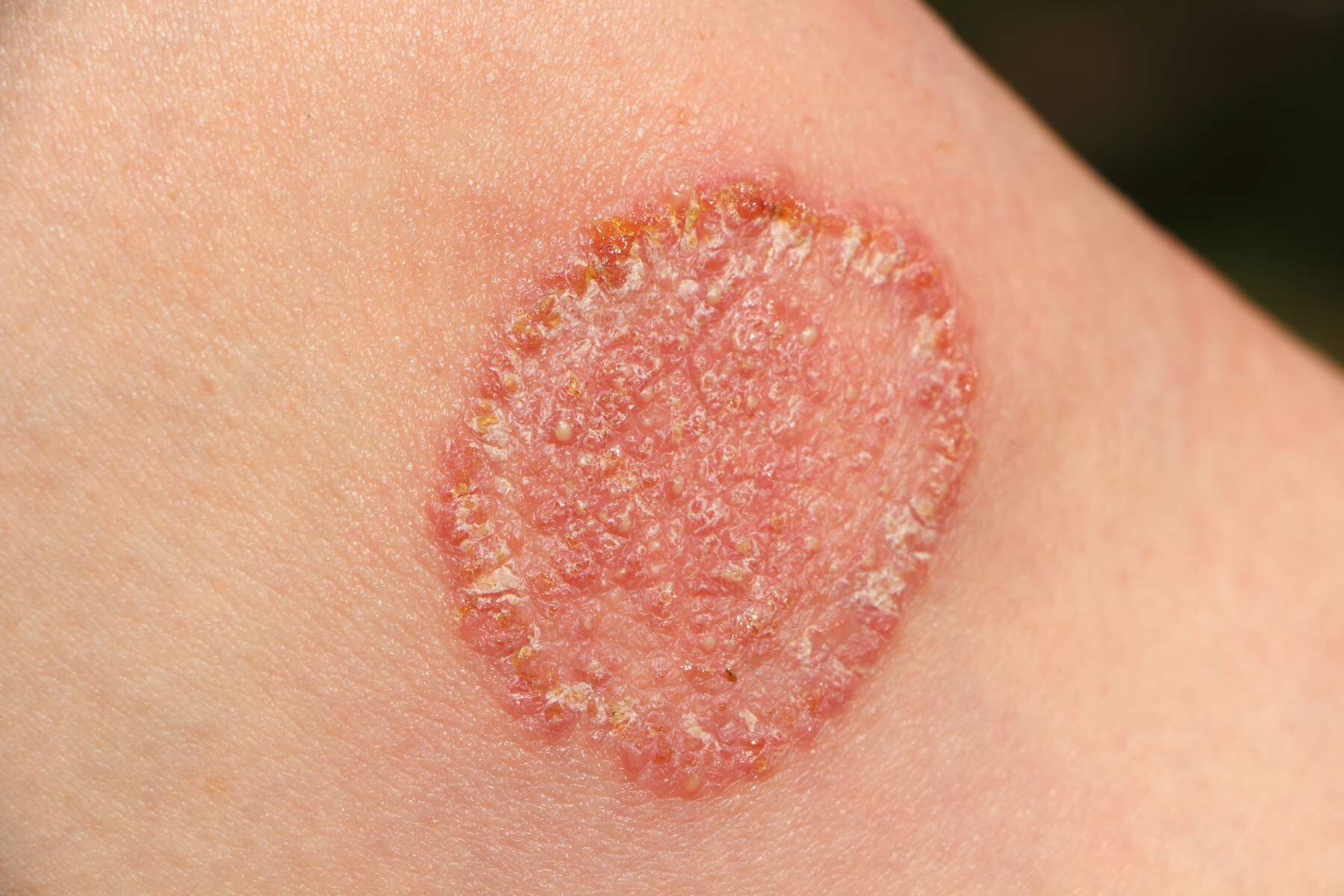

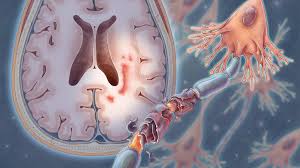
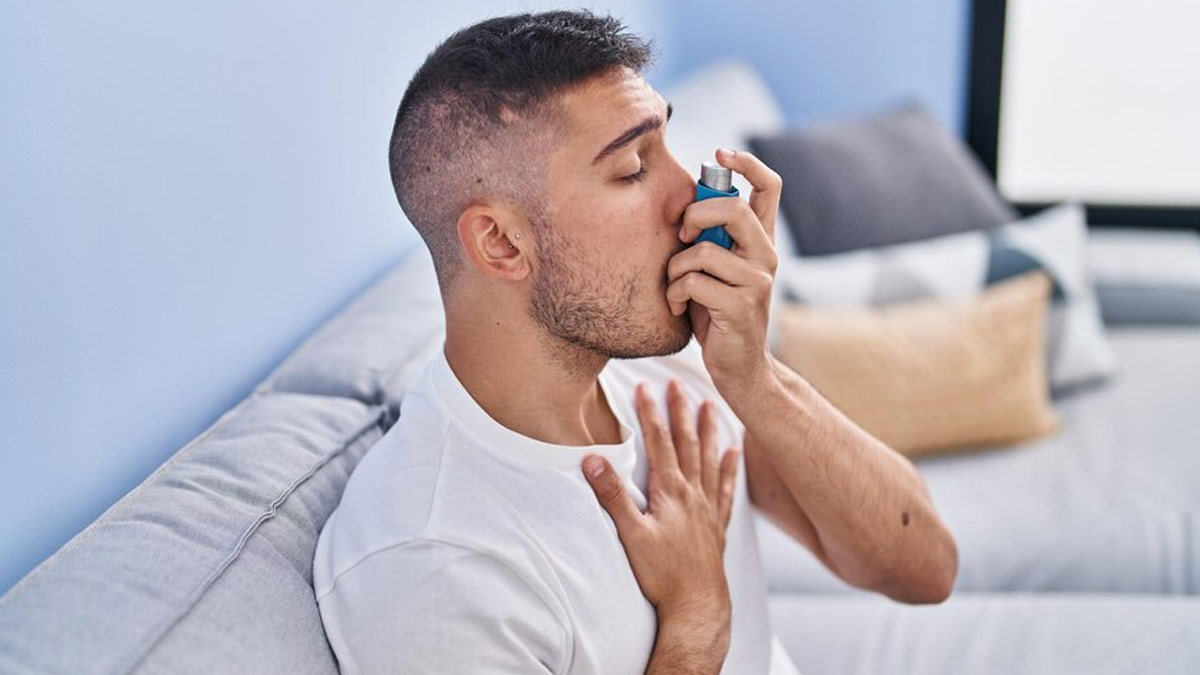
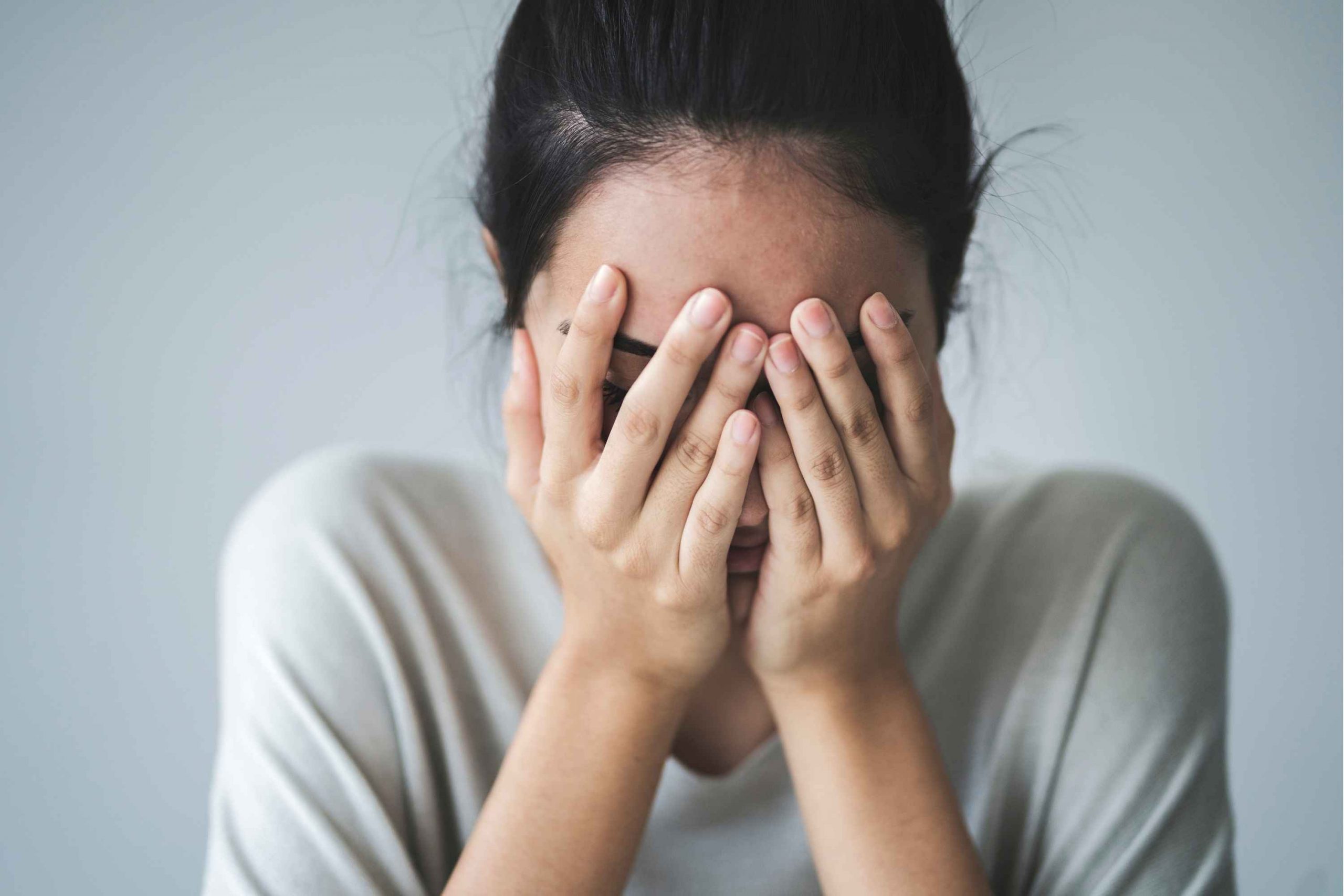
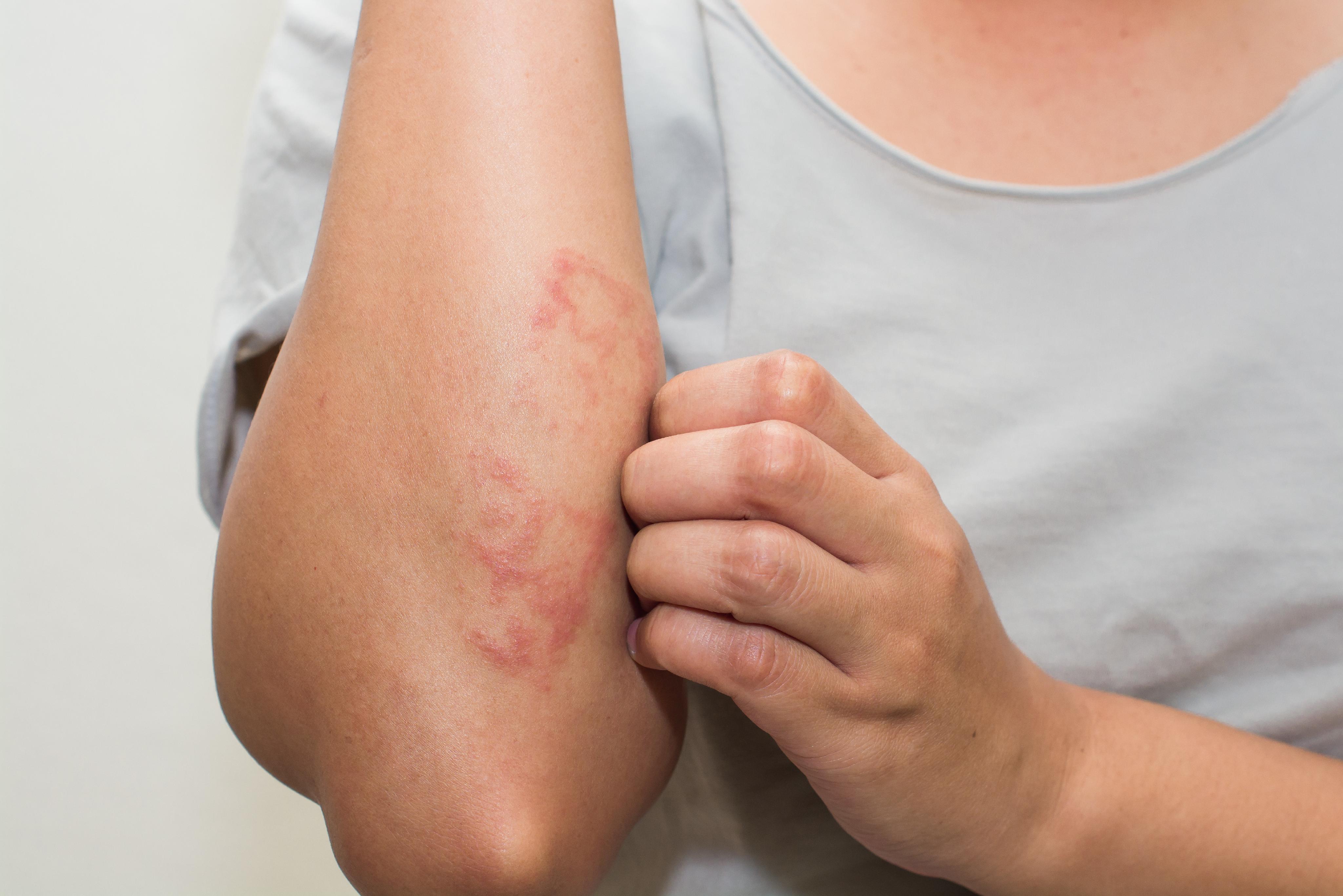
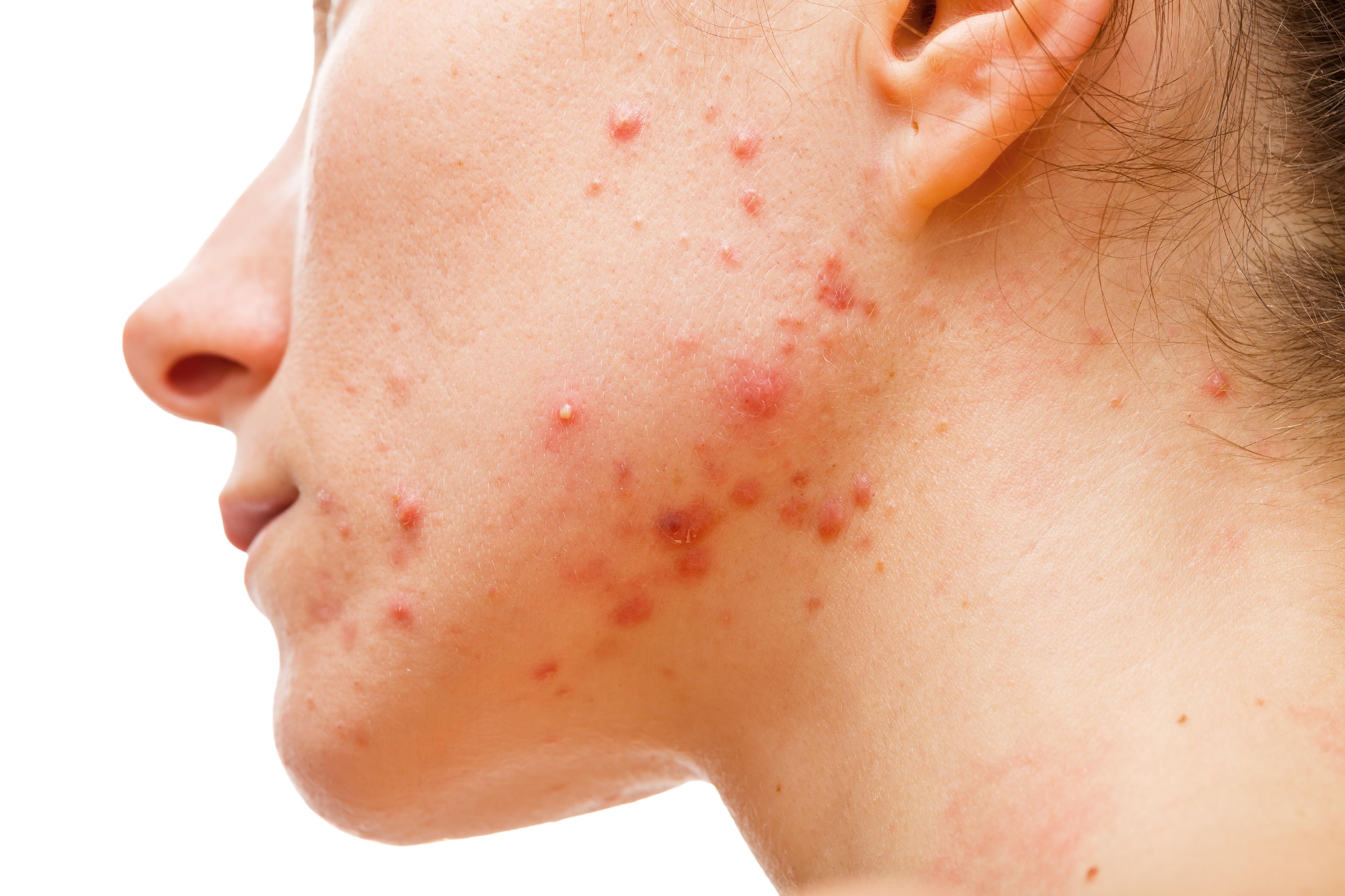
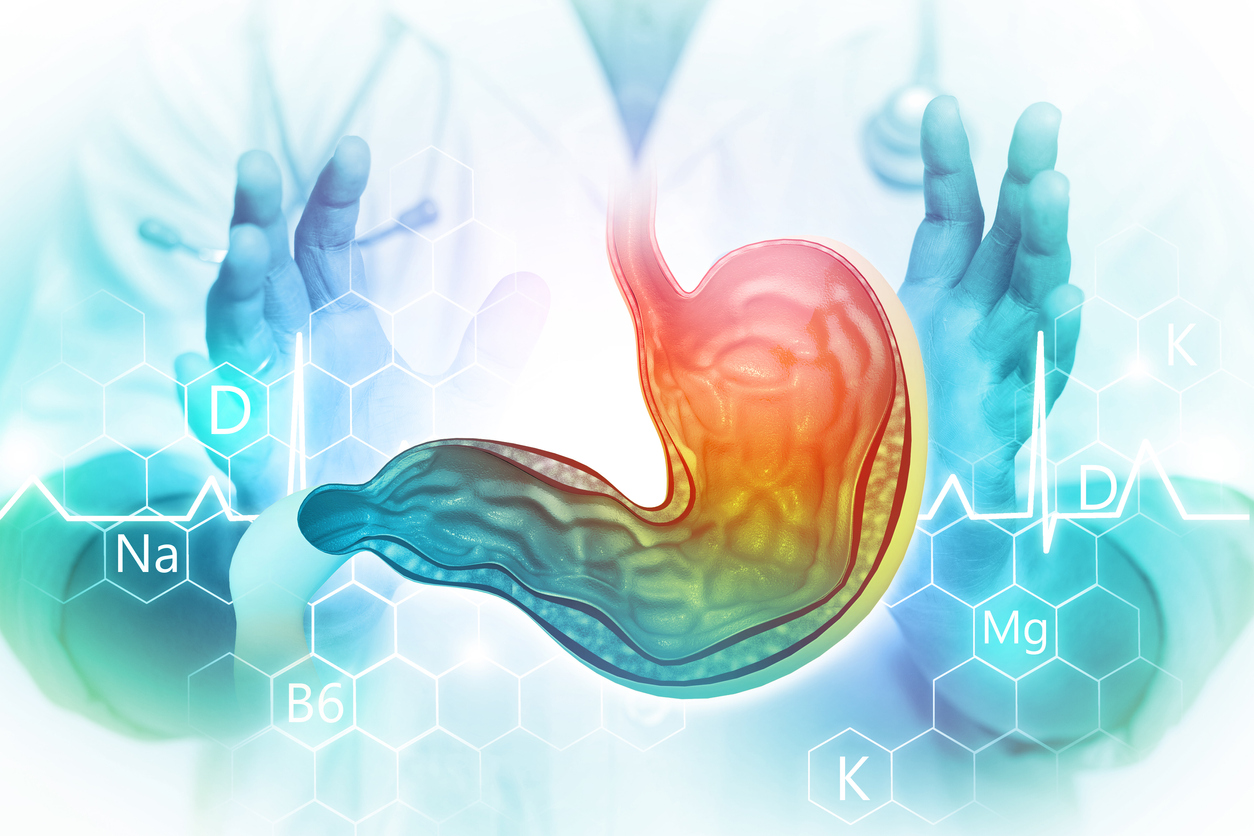
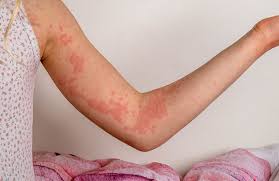
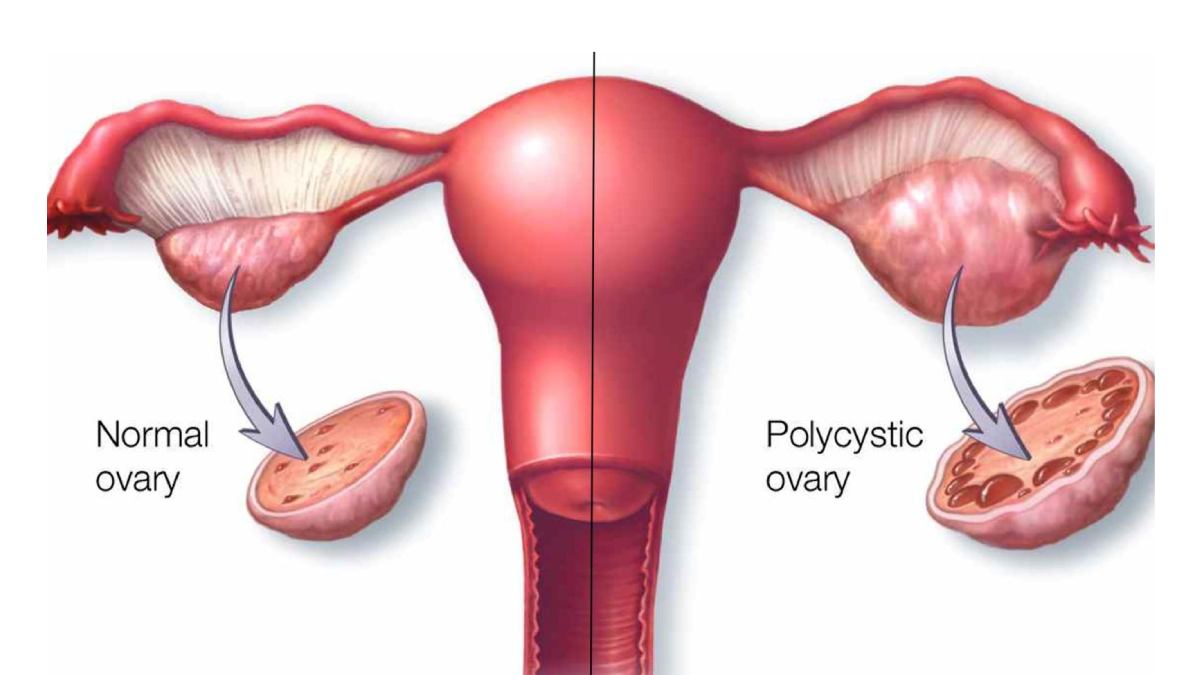
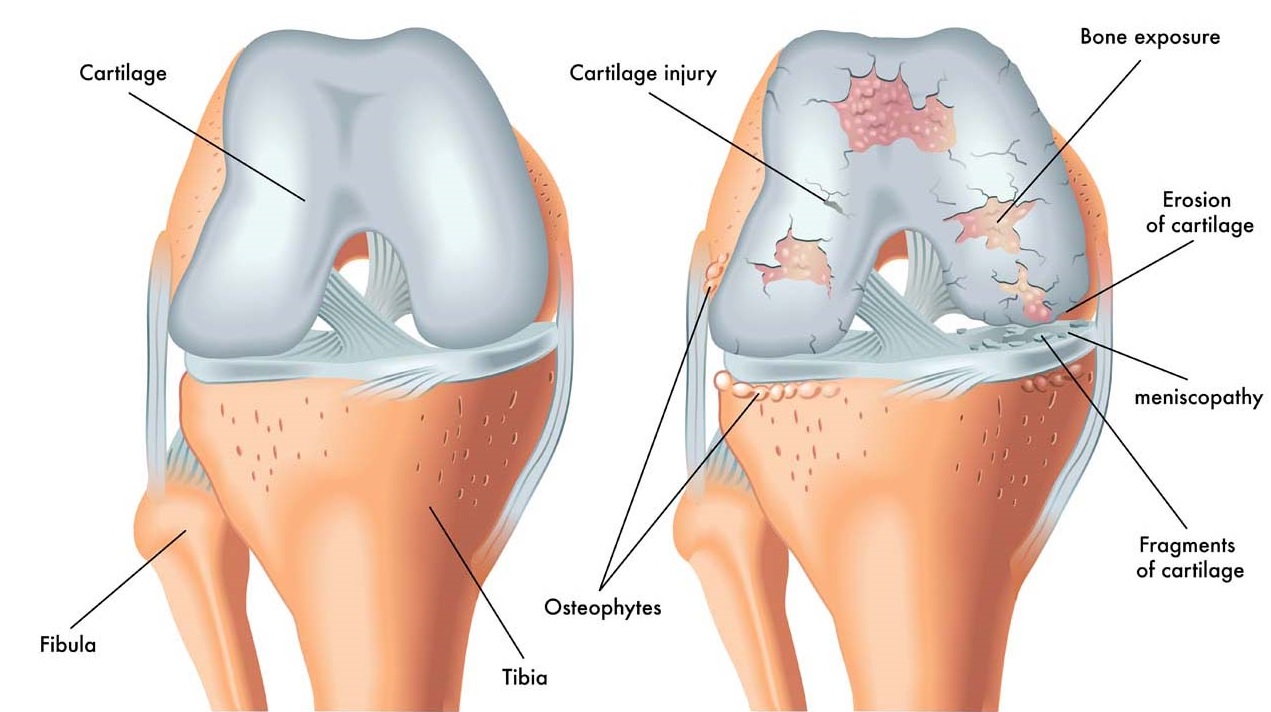

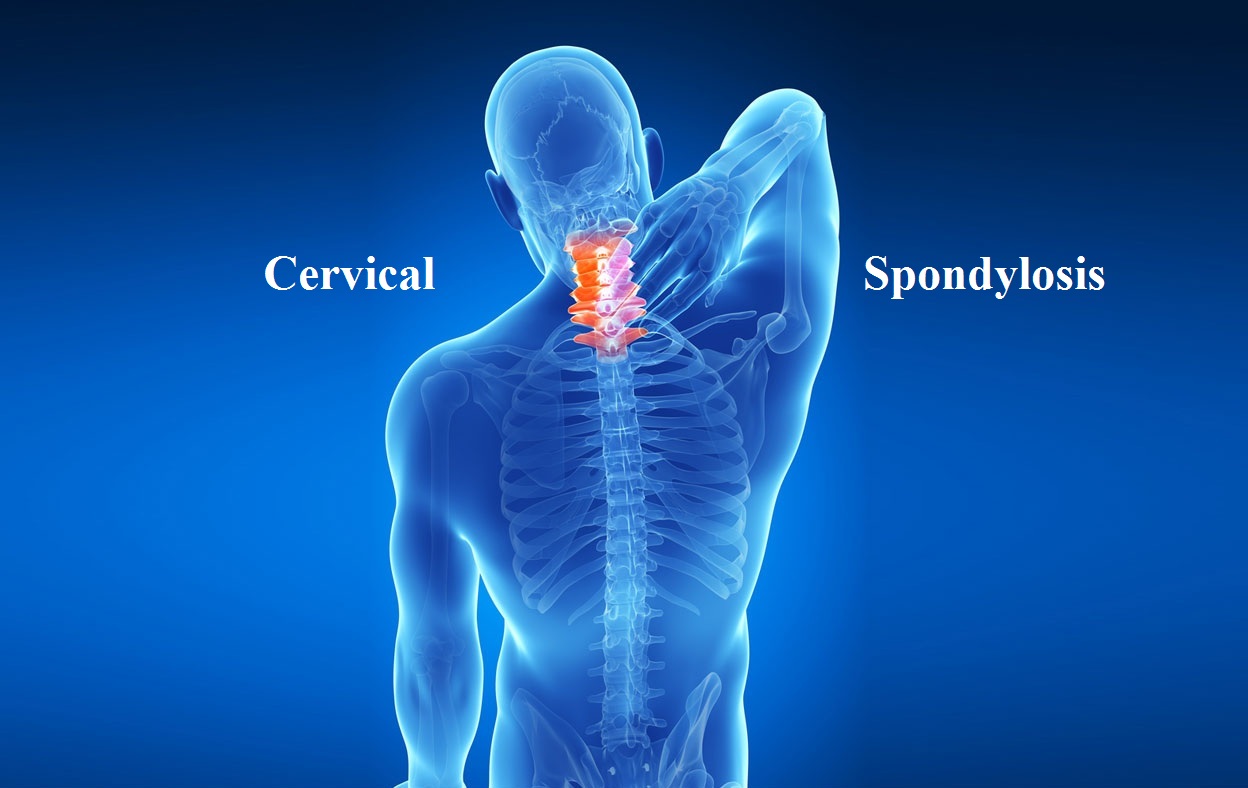
.jpg)
